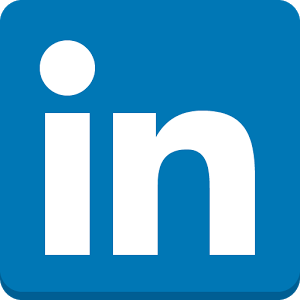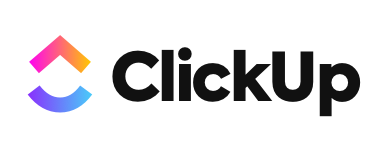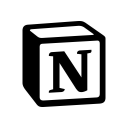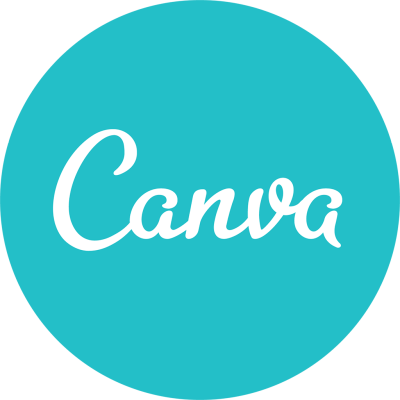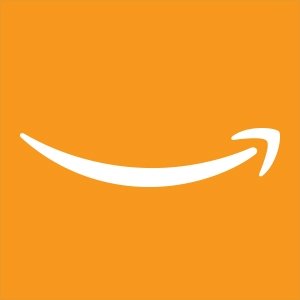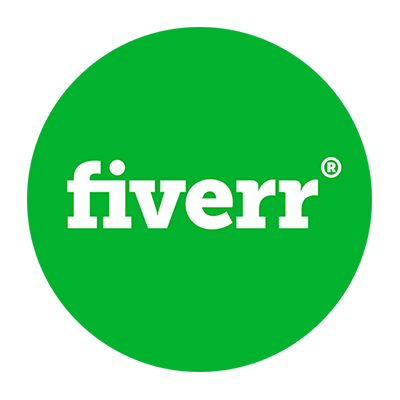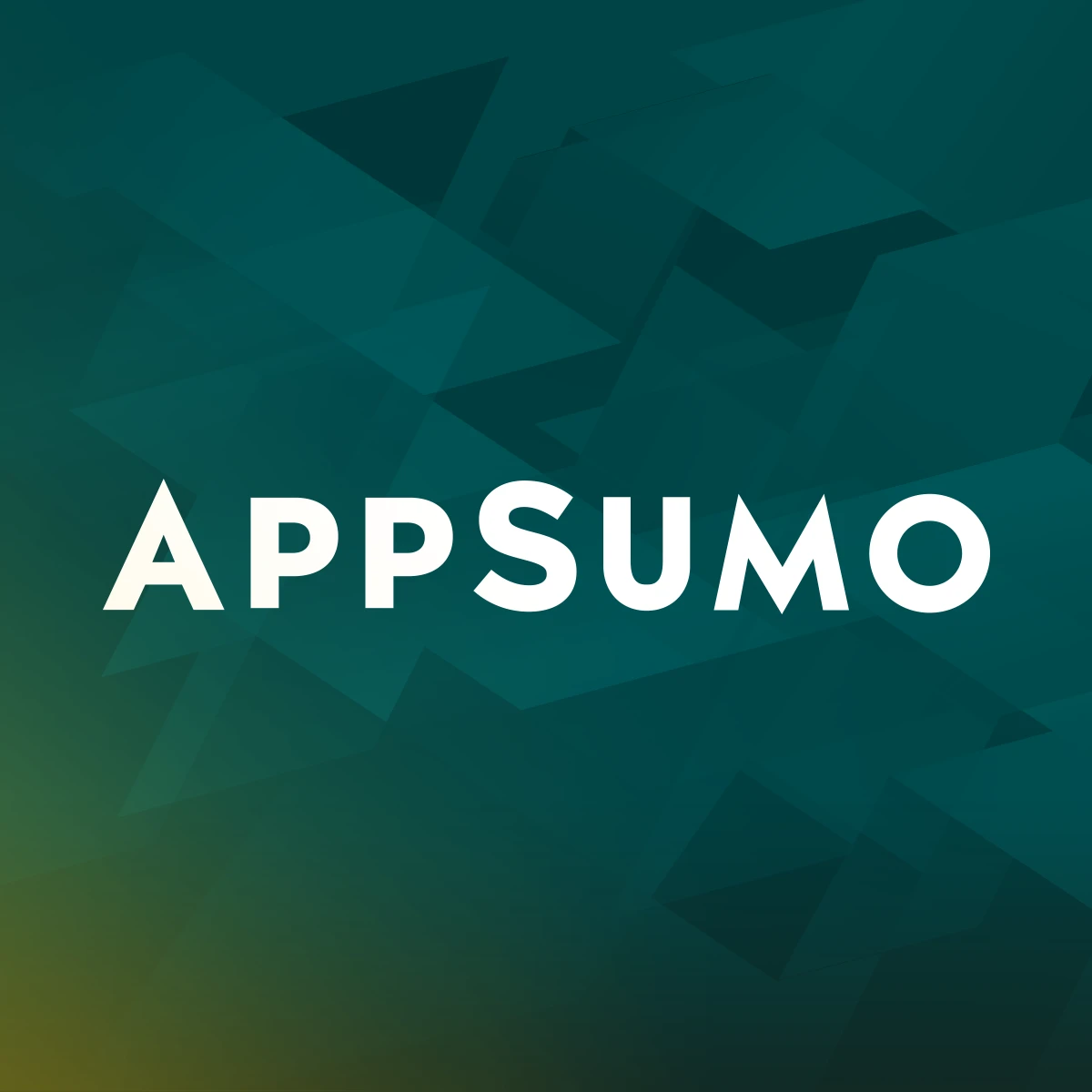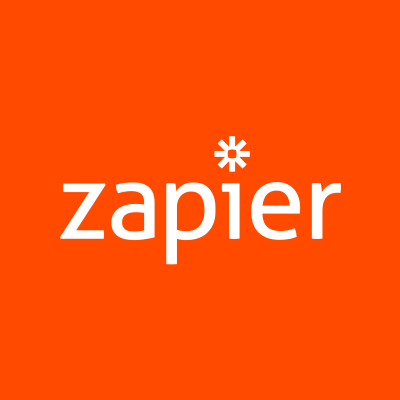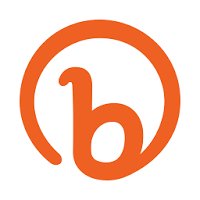How I Bootstrapped A $2K/Month Online Community To Discuss Literature
Hello! Who are you and what business did you start?
I am Harshala Chavan from Mumbai India - a maker, community-builder, and writer in the publishing and content industry.
I have built a dribble for the publishing industry with Merrative — a community of 5,000+ readers, writers, journalists, and scholars to discuss and create literature, together.
It’s a community-led marketplace model that enables brands, creators, and publishers to hire the top 5% of publishing talent to create books, articles, or research papers. While you can also build engagement around your published content by participating in the community by recommending reads or joining/starting experiences around literature via meetups, workshops, discussions, etc.
Today, Merrative can provide on average USD 200 worth of projects to our talent. We generate on an average USD 1500 per month in marketplace transactions and are hungry to scale up!

What's your backstory and how did you come up with the idea?
Post a stint in the cleantech industry, I wanted to build my own business and hence started to explore ideas I could work on. Being an avid reader of web content like newsletters, quora, etc, I wanted to build a reading space noticing how there is no dedicated space for people to discuss literature.
One day in a usual book club meetup, I met 3 people who had read the same book as I did (Zero to One by Peter Theil) and we had a great discussion. I noticed how we had similar interests and professional overlaps in the startup space. I wondered if I could bring this experience online at a scale - enabling discussion of content with those who have consumed the same!
I started to burn out - Merrative had decent user growth and engagement, but no good revenue model.
I had already built a small Whatsapp community of chemical engineering in college which comprised of a Blogger website and approx 10 Whatsapp groups. Using my learnings, I set out to see if I could build around this concept.
To validate my concept, I participated in several BPlans, among them being Eureka-2019-20 by IIT Bombay where I was a finalist among 10K+ startups. I got tons of feedback, and as an MVP, I had a simple Instagram page, which I grew to 1000 followers. I engaged them in book discussion meetups and usual Instagram posts.

I had done small-scale monetization by promoting books by authors (average USD 5 per post) and managing their Instagram accounts (average USD 200 per month package).
Throughout this time, to manage my finances, I used to freelance and write content for other agencies and brands. Slowly, on the side, I started sub-contracting my work and built a team of 10 freelancers whom I passed on work from my regular clients. This freelance and small agency experience were crucial, as this, later on, grew into our present revenue model of talent marketplace.
Take us through the process of designing, prototyping, and manufacturing your first product.
Post Instagram page validation, I was eager to build a legit platform, but I failed to find a technical co-founder. Hence, I took matters into my own hands and learned a no-code visual programming tool called Bubble in March 2020 and worked on the concept for Merrative. Made a shabby MVP which my Instagram community didn’t like as I took feedback, and I hired a UI designer intern to make it user-friendly.

Use no-code to validate your product, don’t directly spend money on coding the final product, however complex it is. Validation is very important.
Finally in July 2020 is when I launched a proper MVP that involved creating posts, profiles, and signup.
Our Instagram followers who opted to beta test had a mixed reaction - they couldn’t understand what the site expected them to do. It was not easy to get initial users and convince them to use the platform, and some of them were influencers so they asked for payment. I set up a short campus ambassador program that helped me hire interns who could promote Merrative on their campus, give feedback on usage, and onboard their friends or batchmates.
Since then, it's been a constant iteration of designs, feature additions, and feedback. In November 2020 is when I got the idea of ‘reading rooms’ as a concept inspired by TED Circles, where we hosted discussions on books, articles, and research papers.
I voraciously worked on growing Merrative to achieve 25% average MoM growth using event marketing and a campus ambassador program - where we hosted a discussion almost every day for 3 consecutive months. I grew it from about 200 beta users to 2,500 users and 5,000+ community members (via newsletter signups).
But I started to burn out - Merrative had decent user growth and engagement, but no good revenue model (just a few author promotions here and there). Throughout this time, I continued with my content agency on the side. One day, my friend mentioned how I could use merge my content business and Merrative - which housed professionals like authors, writers, and content creators.
I researched our users and studied marketplace models. Found the dribble’s community-driven model could work for us, and I adopted some aspects of it to grow Merrative into the community-led marketplace that it is today.
Today on Merrative, you can:
- Share opinions, reviews, summaries, and fanfictions as posts on various books, articles, research papers, etc.
- Join/host meetups, discussions, festivals, lectures, etc around literature
- Showcase your proof of work in the publishing space on your merrative profile to get hired by brands, creators, and publishers for relevant projects.
Even today, Merrative’s operational costs are low - I pay only USD 30 for Bubble, and the rest is all free no-code tools like Notion, Substack, Stripe, Google Groups, etc. The marketplace is run solely using Google sheets and a Gmail CRM for managing clients via emails. Legally, Merrative is registered as a Private Limited Firm in India, and there are costs associated with accounting, taxation, and auditing every year.
The total cost of operating Merrative comes around USD 1,000/- per year + variable costs of hiring freelancers or interns. We do not have any full-time employees yet. Please note, that as we grow, the costs will also increase as we would need higher SaaS plans and team members.
Describe the process of launching the business.
Before working on the Instagram page, I had done a small reader’s festival in October 2019 for which I got 600+ registrations and some sponsorships. I didn’t do this for launch per se, but this was the first time I put a name to my business idea and showcased it as a brand to the world. This helped me build a brand, gain an Instagram following and create content by sharing festival promotions, photos, and author interviews. It also helped me network with the relevant professionals in the publishing space, gaining supporters for Merrative’s concept. I earned revenues of approx $1,600 from the festival which helped me further finance Merrative’s MVP for upcoming months.
Post that, I started building more on the Instagram page and continued with the building of the platform. Since March 2020, India witnessed lockdowns due to COVID, so no further offline event is done till now — everything is online. We allow sharing of offline event experiences on our reading rooms page by our community members.
My biggest insight from this festival was about how people wanted to socialize around books and literature. I also observed that author promotions and big-scale events are difficult offerings to execute and something that I do not enjoy personally. I picked this up and continued concentrating on this insight in further early MVPs developed.
Please note, that I never took any credits or loans and I do not believe in taking them for building a business. During the early days, you must finance your business using customers’ money, and even beyond sustain it. I used the festival revenues, content agency money, and gigs on author promotions on our Instagram page to finance the hiring of interns, buy product subscriptions, necessary services, etc. Today Merrative is bootstrapped with the marketplace offering to finance its operations.
Since launch, what has worked to attract and retain customers?
For promoting Merrative, I have banked on organic marketing using newsletters, event marketing, and social media.
- Newsletters: Under our B2C ReadTreats we share curated links across podcasts, articles, videos, and books on a specific theme. We are 4,500+ subscribers now. It is targeted at general readers or anyone on the internet who likes to consume good content.
We have a B2B newsletter - Media First Brand, where we share case studies on content marketing funnels and content examples by amazing brands like Slack, MailChimp, Harvard University, etc. We have 600+ subscribers for this one.
Event marketing: We host discussions and author interactions. These events are distributed across Facebook events, Eventbrite, insider, BookMyShow, etc. These events helped us boost subscribers for ReadTreats.
Collaborations: We collaborated with colleges and universities to partner with their events as an ‘Outreach partner’ that helped form some associations with the younger crowd. Here’s a romance-themed festival we did - With Love.
Twitter: At present, I am using Twitter to grow our ‘Job Board’ section. Here, I post Twitter threads sharing freelance writing, editing, content marketing, and other opportunities in the publishing space every Monday. We notify about posting these threads and 5 resources to upskill as a writer via a Google Group. Till now, I have shared 5 threads, and we have 250+ members in the group within a month - all from Twitter threads. This has also helped me grow to 1000 followers from 450 in a month, while Merrative’s Twitter profile grew from 1000 to 1150. Here’s something more on that;
I am optimistic that my efforts will compound if I stay consistent with the jobs Twitter thread!
Collaborate as much as you can — adopt the necessary collaborative mindset. Have partners across marketing, guest posts, listing, community building, cross-promotions, or anything that helps your business grow.
Content Marketing: We are working on Guides, thought leadership interview-based articles, and listicles on reading, writing, productivity, and publishing topics.
Side-Project Marketing: I create free and paid templates under Merrative’s brand that are targeted at professionals in the publishing and content marketing space. There are 2 templates released till now - Templates by Merrative. Our first template generated 1000+ clicks, 300+ subscribers for our newsletter, and all-time 3819 views on BuyMeACoffee Page.
Apart from all this, I am strongly focusing on building my audience on Twitter and LinkedIn these days. I touched 1,000 Twitter followers recently.
I have tried paid marketing with Facebook ads but not with much success. So I will be banking on more Twitter, Linkedin, event marketing, and content creation-driven organic growth.
How are you doing today and what does the future look like?
Merrative is profitable, and we are working on growing our revenues from the marketplace, paid events, and paid resources.
At its peak, the average time spent on our site is 5-10 mins.
We do plan to focus on streamlining our user growth strategy to grow our numbers and revenues at Godspeed!
Short-term goals:
- Streamline operations for our marketplace offering via automation and templating
- Starting outbound sales via cold email outreach campaign
- Scale newsletter to 50,000 signups and monetize the same as subscription
Long-term goals
- Onboard 1 million users signed up on Merrative
- Launch a PWA app on play/app store to get into mobile by 2023
- Scale up to USD 100k per month revenues
I plan to mostly bank on automation, VAs, interns, and organic marketing to achieve the above goals.
Through starting the business, have you learned anything particularly helpful or advantageous?
Below are some key lessons that I would like to share:
Before starting up, try to build an audience by sharing your journey with the #buildinpublic community on Twitter. Twitter is great for connecting with early adopters, networking with other makers, and hanging out with a set of intelligent users.
Always have some savings before starting up as a full-timer – I jumped too soon and had to immediately freelance and start a small agency on the side. The money from your startup won’t come very early, but it depends on your business concept.
Use no-code to validate your product, don’t directly spend money on coding the final product, however complex it is. Validation is very important. Also, try to use platforms where you own the audience. I started Merrative using Instagram, and it was difficult to onboard all followers to signup as Instagram doesn’t give 100% reach. If I were to start Merrative again, I would start it as a newsletter and own the subscriber base!
I would 100% focus on revenues I decided to put some brakes on the growing user base to establish a revenue stream for Merrative. Today, I would do that from day 1 instead of day 100. Every effort you put in should help you generate more revenue.
Be genuinely active in the communities in your industry. Don’t just promote, make friends because they will be the ones who support you during the initial days as early adopters.
It’s difficult to work as a solo founder Try to automate your work as much as possible. Use tools, human resources, templates, or anything that helps you reduce YOUR work as a founder.
Automate the work you do best, and hire for the work you hate doing.
Learn how to run efficient meetings Most meetings last for 15-30 mins. This has helped me manage my sales meetings and networking better.
Collaborate as much as you can — adopt the necessary collaborative mindset. Have partners across marketing, guest posts, listing, community building, cross-promotions, or anything that helps your business grow.
Have multiple sources of income for yourself and your startup. Explore side projects or consulting. A single income stream can be detrimental to your wealth creation efforts. I still freelance write and make notion templates to improve my overall income. Don’t forget to learn how to manage your money — save and invest for yourself too. Sometimes makers forget this in the quest of working on their startup.
A lot of makers I know are mostly in front of their laptops, but that’s bad for your health, especially mental health. Travel, meet friends, attend meetups and meet people beyond your industry to gain perspective. Enjoy the founder's journey.
What platform/tools do you use for your business?
Merrative is 100% built using no-code tools. Here’s what our no-code stack looks like:
- Bubble — where everything is hosted
- Substack - for newsletters
- Whatsapp for business - for queries, support, speaking to the team
- Notion - for making templates
- GSuite - Google Sheets, Google Groups, Google Forms, Docs, drive for managing our marketplace
- ClickUp - for managing all projects
- Stripe for payments
- Airtable for showcasing our jobs board
What have been the most influential books, podcasts, or other resources?
Books:
- 48 laws of power by Robert Greene
- On Writing Well by William Zinsser
- Lost and Founder by Rand Fishkin
- John Warrillow - Built to Sell - Creating a Business That Can Thrive Without You
- Alex Hormozi - $100M Offers - How To Make Offers So Good People Feel Stupid Saying No
- Seth Godin - Permission Marketing - Turning Strangers Into Friends And Friends Into Customers-Simon & Schuster
- Austin Kleon - Steal Like an Artist - 10 Things Nobody Told You About Being Creative
- Cal Newport - Deep Work - Rules for focused success in a distracted world-Grand Central
- Book discussions on TED Memberships (I love sessions by them!)
Podcasts:
Some of the podcasts I frequently listen to include:
- Business wars by Wondery
- My First Million podcast by Sam Parr & Shaan VP
- IndieHackers Podcast
- Think like an economist
- The origin of things by IVM
- Masters of Scale
- Daily Sales Tips by Scott Ingram
- Product Hunt Radio
Newsletters:
- Lenny Rachitsky
- Failory
- Trends.vc
- Buildd.co
- Homescreen by launch house
- Upen from Micro Saas Idea
- Josh Spector
Advice for other entrepreneurs who want to get started or are just starting out?
I have shared lots of tips in the previous question on learning.
But if you are just starting:
- Learn no-code tools, irrespective of whether you're a coder or not.
- Try to find a co-founder if you can. It’s very hard to do it solo (of course, not impossible!), but if you can’t find it (like me), just start working and do not delay it.
- Start early, start small. The earlier you start, even if it's a side project, the more experience you will get and it will compound. Don’t wait for any right moment.
Are you looking to hire for certain positions right now?
We are always on the lookout to onboard niche content writers, ghostwriters, editors, translators and subject matter experts, book reviewers, etc for our publishing talent marketplace.
Also, if you’re hosting any experience around literature - like hosting book club meetups, lectures, author interviews, literature festivals, workshops on reading/writing, etc, we can help you get an audience. Make us your community/outreach partner!
Email us at hello@merrative.com to apply or know more.
Where can we go to learn more?
If you have any questions or comments, drop a comment below!

Download the report and join our email newsletter packed with business ideas and money-making opportunities, backed by real-life case studies.

Download the report and join our email newsletter packed with business ideas and money-making opportunities, backed by real-life case studies.

Download the report and join our email newsletter packed with business ideas and money-making opportunities, backed by real-life case studies.

Download the report and join our email newsletter packed with business ideas and money-making opportunities, backed by real-life case studies.

Download the report and join our email newsletter packed with business ideas and money-making opportunities, backed by real-life case studies.

Download the report and join our email newsletter packed with business ideas and money-making opportunities, backed by real-life case studies.

Download the report and join our email newsletter packed with business ideas and money-making opportunities, backed by real-life case studies.

Download the report and join our email newsletter packed with business ideas and money-making opportunities, backed by real-life case studies.






